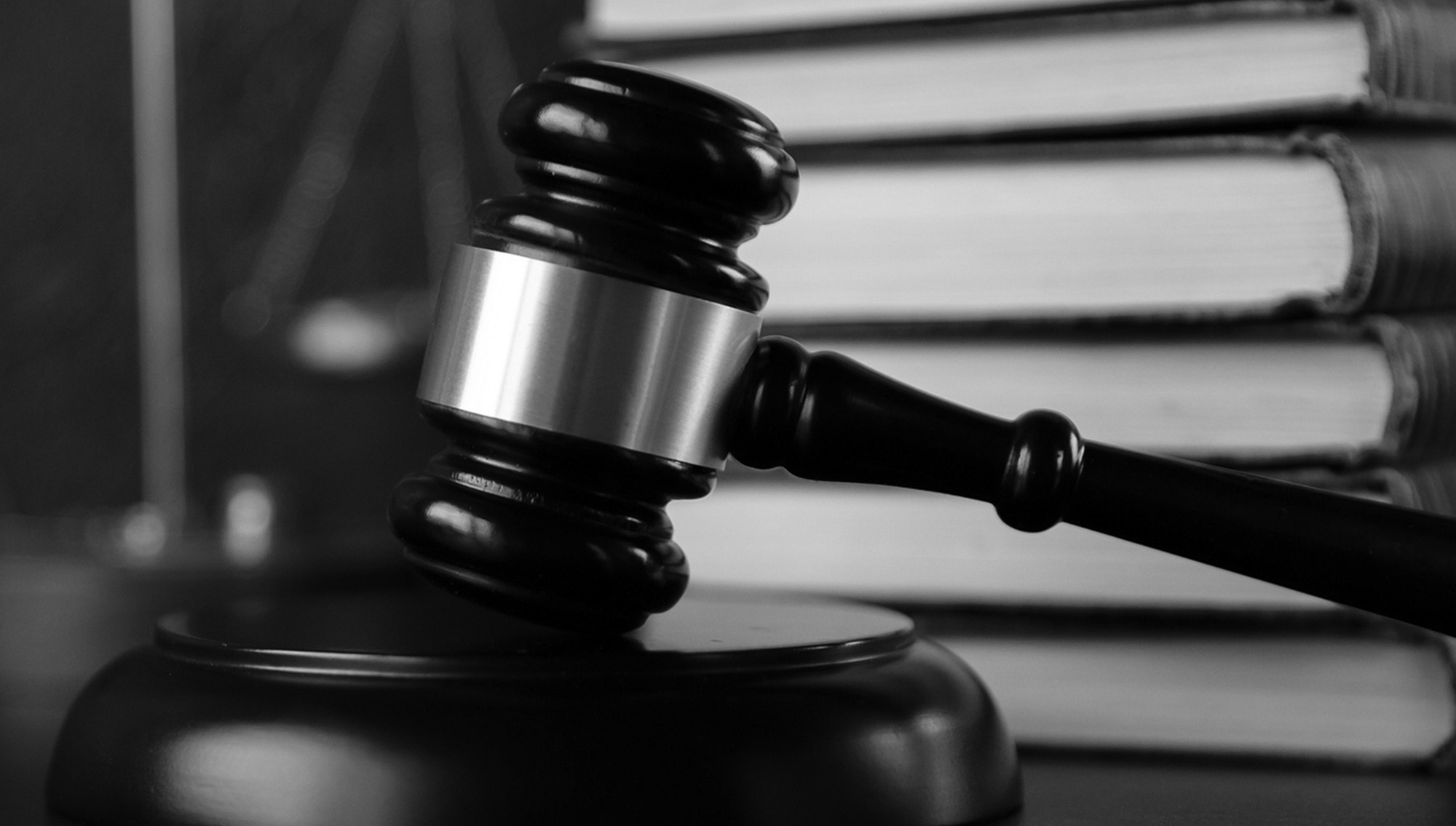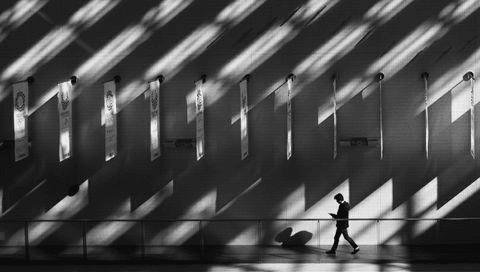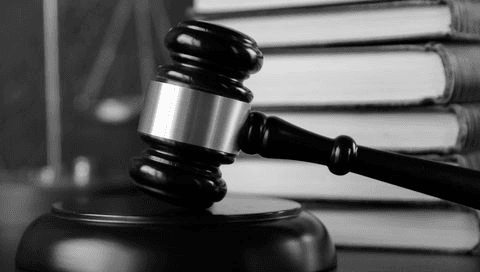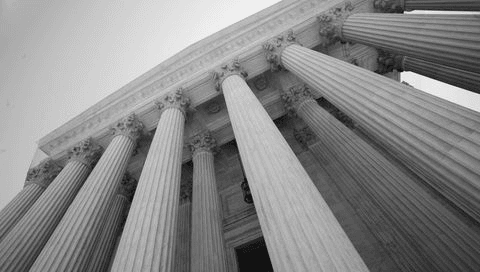In a recent final written decision, the PTAB determined that a reference patent was not prior art, despite the petitioner’s post‑filing attempt to correct its petition. While the petitioner argued that it intended to rely on the patent application’s earlier date of publication, both the corrected petition and the expert declaration continued to reference the issued patent rather than the published application.
The petitioner filed an IPR petition that included an obviousness ground based, in part, on a patent it alleged was prior art under § 102(a)(2). Five days after filing its initial petition, the petitioner notified the board that it had mistakenly cited the patent rather than the corresponding earlier application publication. The patent owner did not oppose the petitioner’s request to correct the petition, and the board granted the request.
In its corrected petition, the petitioner redefined the asserted patent to mean the application publication and stated that the portions of the patent included in the petition were prior art under § 102(a)(1). The petitioner did not update the citations to refer to the application publication because, as petitioner explained, it “didn’t want to make tons and tons of changes” and by citing the patent’s column and line numbers, rather than the application’s paragraphs, it provided much more specific citations to support its arguments. Further, the petitioner left unchanged its supporting expert declaration, which considered the patent but not the published application.
In response, the patent owner argued that the reference patent did not qualify as prior art because it post-dated the effective filing date of the challenged patent. The patent owner also argued that the petitioner’s attempt to reference the published application in the corrected petition did not retroactively alter the date of public disclosure of the reference patent under § 102(a)(1). The patent owner further emphasized the petitioner’s ongoing reliance on citations to the patent in the corrected petition and the absence of any expert analysis of the published application.
The board in its final written decision agreed with the patent owner, finding that nothing in the initial petition or its exhibits indicated an intent to rely on the published application as prior art and that the corrected petition still relied on the reference patent. Although the petitioner generally asserted that the published application’s specification and figures were identical to the reference patent, it did not direct the board to where the specific portions it relied upon appeared in the published application. Nor did it present evidence that its declarant had compared the disclosures of the reference patent with those of the published application.
The board also rejected the contention that patent owner had waived arguments by not challenging petitioner’s attempted correction when it was made or in its preliminary response. In doing so, the board first clarified that preliminary responses are optional and therefore arguments not included in a preliminary response are not waived. The board further found that although the patent owner did not oppose the petitioner’s request to submit the corrected petition, doing so did not amount to acquiescing to the contents of the “corrected” petition. Because the petitioner failed to establish that the reference patent qualified as prior art, the board determined that the petitioner failed to demonstrate that the challenged claims would have been obvious over that reference.
Practice Tip:
A petitioner correcting an IPR petition should ensure that the cited statutory basis and record align, that all citations are appropriate, and that any necessary mapping to any referenced prior art disclosures are included. The petitioner should also verify that the opinions in the expert declaration are tied to the correct prior reference(s). Even when the correction is simply to substitute a reference with a related published application, the entire petition and supporting materials should be considered to determine whether corresponding updates are required.
Air Prods. & Chemicals, Inc. v. Evonik Operations Gmbh, No. IPR2024-00661, Paper 44 (P.T.A.B. Aug. 18, 2025)




